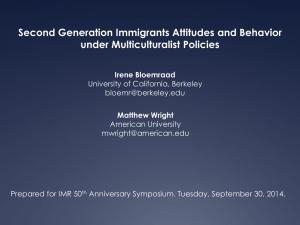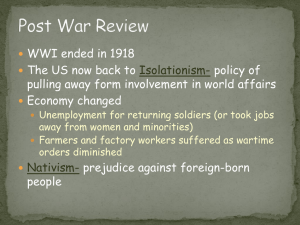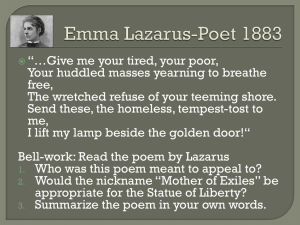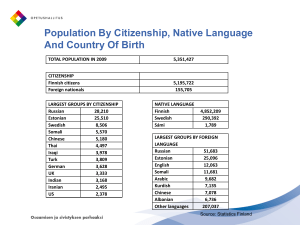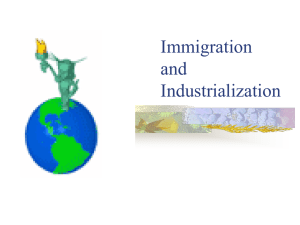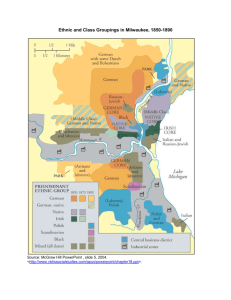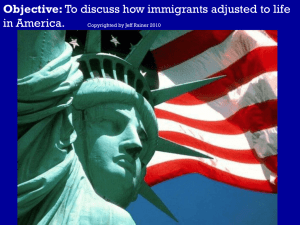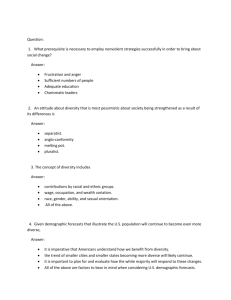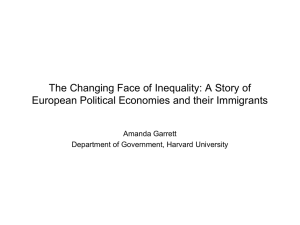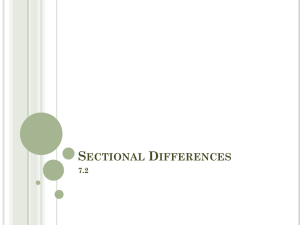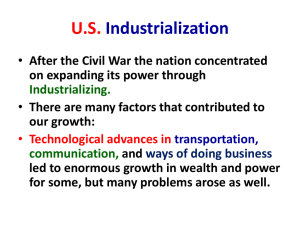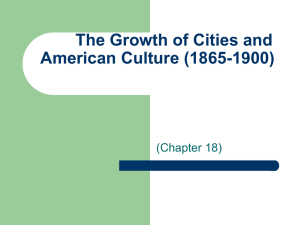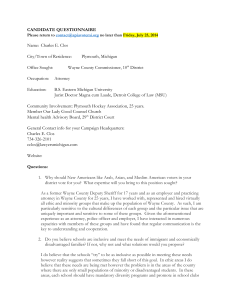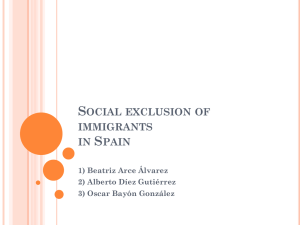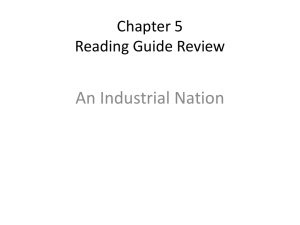Immigration and Citizenship
advertisement
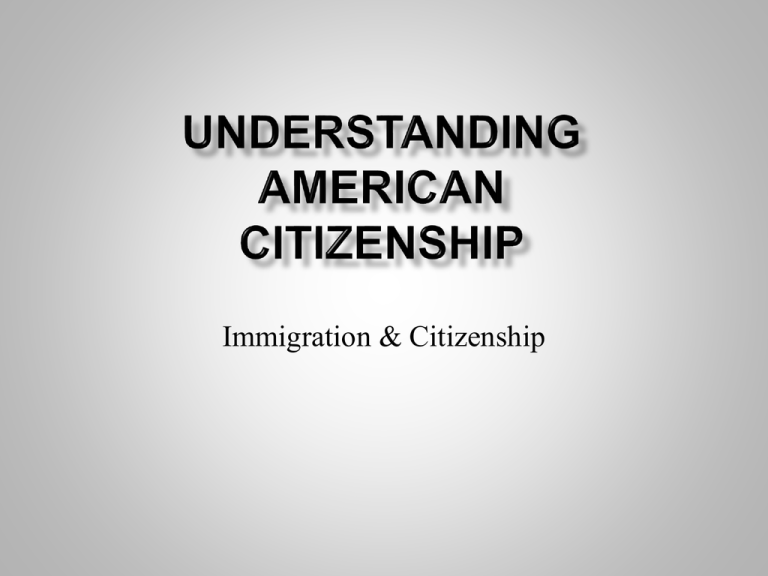
Immigration & Citizenship From 1820 to 2001, more than 67 million people entered this country from many lands. Some paid their own way. Some came as indentured servants. Some signed up as contract laborers to work on American railroads, canals, farms, and factories. Others came as refugees or entered the United States illegally. Millions abandoned their homes to become part of the greatest mass migration of people in the history of the world. As in most cases of human migration, there are “push” and “pull” factors at work. “Push” factors are conditions that encourage people to leave their homelands. They include such things as famine, unemployment, and poverty. Also, crippling taxes, wars, the military draft, and religious and political persecution have forced people to abandon their native countries. Immigrants coming to this country have not only been “pushed” from their homelands. They have also been “pulled” by the seemingly limitless opportunities of America. There was land to farm. There were forests to cut down and railroads to build. The Gold Rush of 1849 stirred the imaginations of the adventurous. Those trapped in poverty saw a way out by getting jobs as farm laborers or in the industrial cities of America. Still others were drawn by the American ideals of freedom and equality. Millions of immigrants have pulled up their roots and journeyed to America. Immigrants are still coming. They are coming for the same reason that most immigrants came in the past: for hope and a chance for a better life. The United States has forged a nation of immigrants. The presence of different ethnic groups could easily have led to permanent divisions and ethnic strife as it has in other places. This country has experienced some of these problems at various times, most notably racism and nativism. Yet through all the hardships and setbacks, it has managed to mold a united nation from diverse ethnic groups. There are many reasons for this success. 1. From the beginning, the United States has been a nation of immigrants. In 1783, President George Washington stated: “The bosom of America is open to receive not only the opulent and respectable stranger, but the oppressed and persecuted of all nations and religions.” Accepting immigrants is considered part of American culture. 2. America’s commitment to freedom has encouraged toleration of different religions and traditions. The First Amendment to the U.S. Constitution guarantees freedom of expression and the right to freely practice any religion. 3. Upward mobility has kept ethnic groups from being mired in poverty. The United States has historically had a strong economy. The growing economy has pulled most people up, including immigrants. In most cases, after a generation or so, people have joined America’s vast middle class. 4. The United States’ two-party system has helped prevent political fragmentation along ethnic lines. The United States has had some third-party movements, but they have been short- lived. Those engaged in politics have had to work within one of two parties. The parties in turn have had to accommodate a broad range of people. 5. American ideals proclaim an openness to immigrants. The Declaration of Independence proclaimed that “all men are created equal.” The Statue of Liberty stands in New York Harbor as a beacon welcoming immigrants. The United States has not always lived up to these ideals, but they have given immigrants a sense that they belong in America and have encouraged toleration from everyone.



